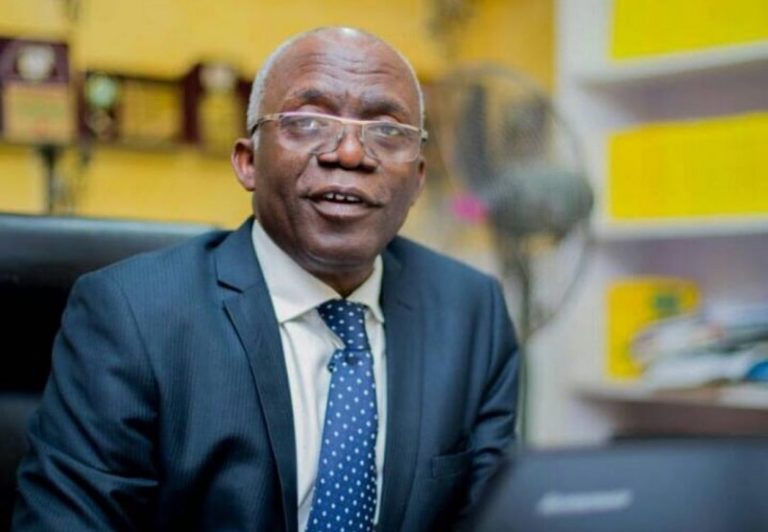Mr Femi Falana, a Senior Advocate of Nigeria and human rights crusader has argued that the threats against peaceful rallies oozing out of the Police Headquarters and State Commands are illegal.
He argued in a 14 October statement that they constitute a gross infringement of the fundamental rights of the Nigerian people to freedom of expression and freedom of assembly. These are guaranteed by sections 38 and 40 of the Nigerian Constitution as well as articles 9 and 10 of the African Charter on Human and Peoples Rights Act.
Read Also: UK Warns Citizens To Avoid Crowd Ahead Of EndSARS Anniversary
He said this against the background of the first anniversary of #EndSARS protest slated for tomorrow, Wednesday, 20 October 2021.
In the case of the All Nigeria People’s Party v, Inspector-General of Police (2006) the Honourable Justice Anwuri Chiyere, as Falana argued, declared that a police permit as a precondition for holding rallies in Nigeria was illegal and unconstitutional. ‘Consequently, her ladyship granted an order of perpetual injunction restraining the Inspector-General of Police and other police officers from preventing Nigerian citizens from convening and participating in rallies.’
When the Police dragged the matter to the Appeal Court, it was dismissed in December 2007. In the unanimous decision of the Court, Falana said their Lordships described police permit as “a relic of colonialism” which is anomalous in a democratic society.
Based on the epochal judgment of the Court of Appeal the National Assembly, as Falana put it, amended the Electoral Act 2010 in March 2015 to impose a duty on the police to provide security for participants in public meetings and rallies. He added that for the avoidance of doubt, section 94 (4) of the Electoral Act 2010 (as amended) provides:
‘Notwithstanding any provision in the Police Act, the Public Order Act and any regulation made thereunder or any other law to the contrary, the role of the Nigeria Police Force in political rallies, processions and meetings shall be limited to the provision of adequate security as provided in subsection (1) of this section.’
Furthermore, Section 83 (4) of the Police Establishment Act 2020 provides as follows:
‘Where a person or organization notifies the police of his or its intention to hold a public meeting, rally or procession on a public highway or such meetings in a place where the public has access to, the police officer responsible for the area where the meeting rally or procession will take place shall mobilize personnel to provide security cover for the meeting, rally or the procession.’
#End SARS was a series of mass protests against police brutality in Nigeria. It was targeted at making the government disband the Special Anti-Robbery Squad (SARS), a unit of the Nigerian Police notorious for brutality. The exercise started in 2017 as a Twitter campaign using the hashtag #EndSARS to demand the disbanding of the unit by the Nigerian government.
It resurfaced in October 2020 as a result of more revelations on social media of the brutality of citizens by the Police. The protests had a domino effect; they expanded in major cities of Nigeria and among Nigerians in Diaspora. It had a dramatic denouement on 20 October 2020 at the Lekki Toll Gate.
AFRICA DAILY NEWS, NEW YORK










